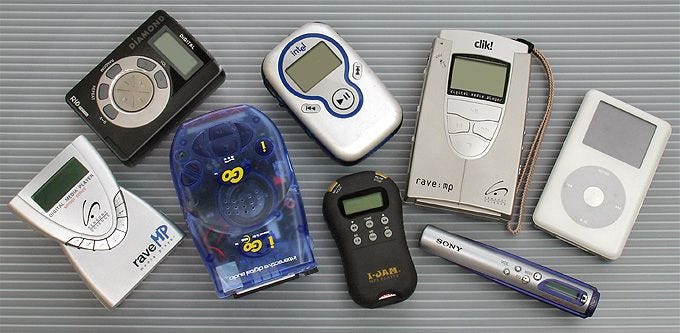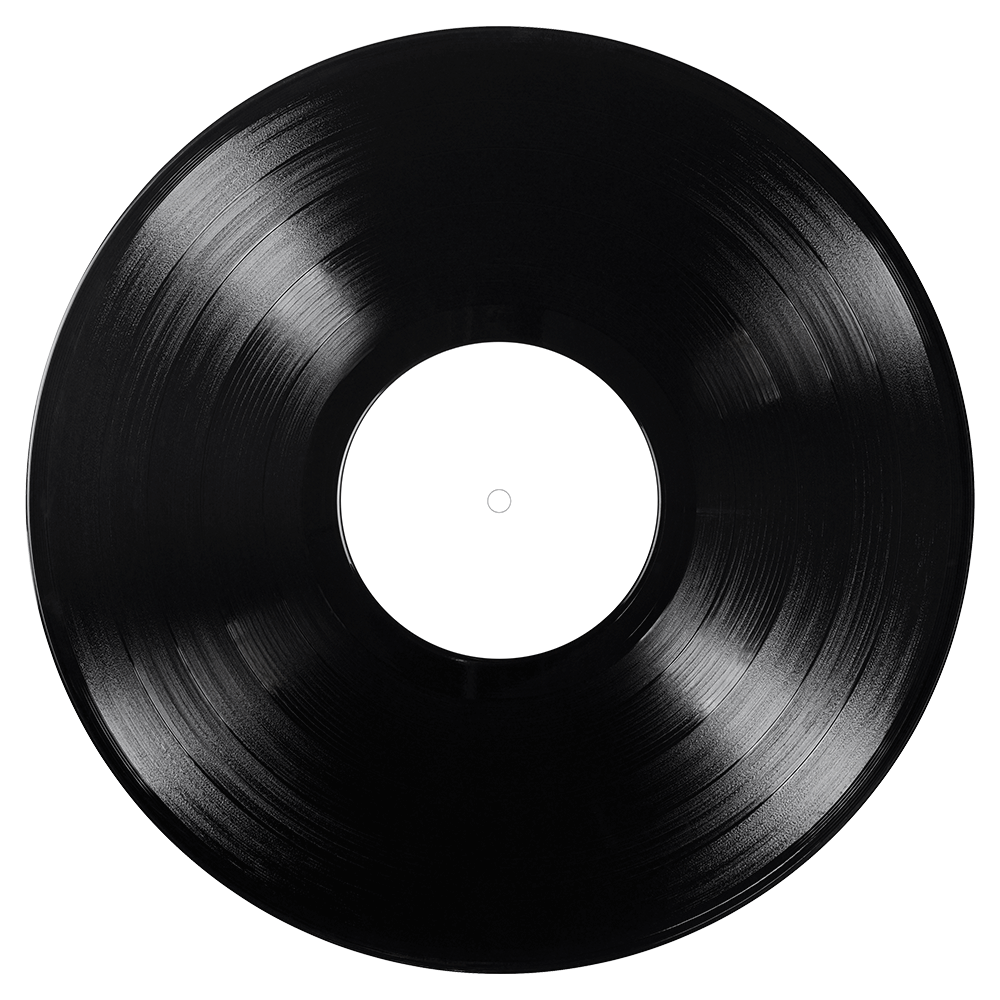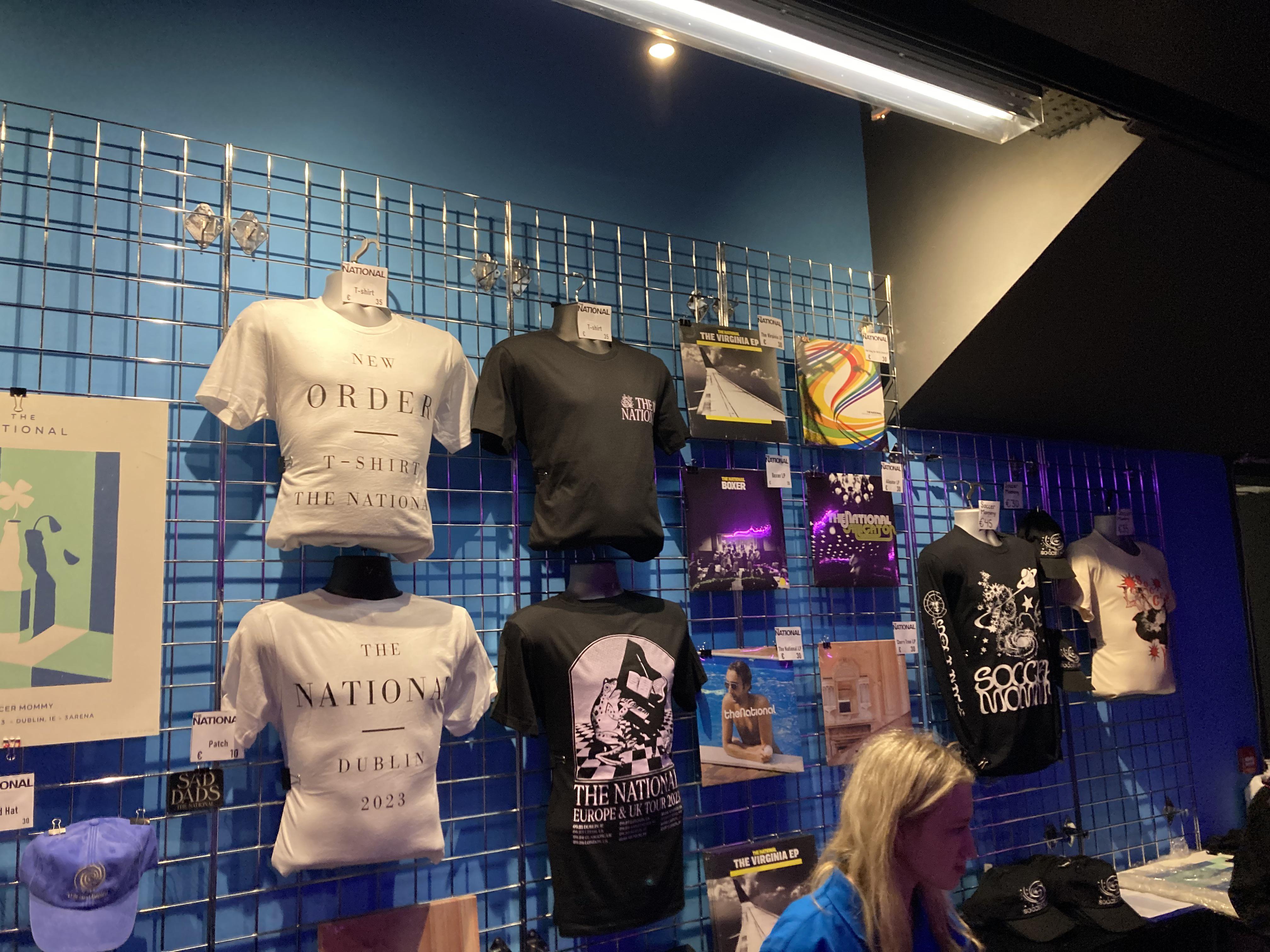Empowering UK Indie Musicians: A DIY Guide to Self-Releasing Your Music
Empowering UK Indie Musicians: A DIY Guide to Self-Releasing Your Music
There are more opportunities than ever for independent artists. Thanks to advancements in technology and the rise of direct-to-fan platforms, musicians can now take control of their careers like never before.
This guide is for all the bands and artists out there keen to self-release music, both digitally and physically. It's not just about getting your tunes on Spotify; it's about crafting a joined-up strategy that covers all bases.

Digital Distribution: Getting Your Music Online
To get your music onto the big digital service providers (DSPs) like Spotify and Apple Music, you'll need a digital distributor (or aggregator). Think of them as the middleman, delivering your tracks to all those platforms.
Choosing the right distributor is key, as they all have different fees, reach, and services. Here's a quick rundown of some popular options:
- DistroKid: Popular for its speed and unlimited uploads for a yearly fee (around £18-£20). They let you keep 100% of your royalties from DSPs, but will take a cut from YouTube and other social media. Watch out for extra fees for things like YouTube Content ID and keeping your music online if you cancel.
- TuneCore: Easy to use, with a wide network of over 150 stores. Like DistroKid they offer a yearly subscription model, let you keep 100% of your DSP royalties but will take a cut from social media. They also offer publishing admin and detailed analytics.
- CD Baby: A good all-rounder for both digital and physical distribution. You pay them per-release and they take a commission on digital earnings.
- Ditto Music: A UK-based option with unlimited releases for a yearly fee. They boast distribution to loads of online stores and let you keep all your royalties.
- LANDR: Starting out as a mastering service, LANDR now offers distribution too. As you’ll see is common, they have yearly plans and you keep 100% of your royalties except for a cut of YouTube revenue.
- Amuse: Offers a tiered model, including a free option; however they will then take a 15% commission on any royalties. Paid tiers let you keep all your royalties.
This isn’t an exhaustive list and these details are subject to change so have a look at their websites to see the most up to date info.
The best choice depends on your release plans, budget, and which features are most important to you.

Physical Manufacturing: Vinyl and Cassettes
Whilst digital music offers a convenience, scalability and the ability to distribute with minimal friction, there’s still something special about seeing music in its physical form.
If you're looking to release physical copies, you'll need to get in touch with specialist manufacturers. This means more upfront costs and longer lead times, but it can be worth it for the right fans.
Vinyl Pressing
Vinyl production is a detailed process, from mastering to test pressings.
Once a booming industry, record sales declined massively over in the 70s and 80s and pressing plants shut down at a rate of knots. However the resurgence has seen a huge uptick in the number of places offering the service.
There are a number of UK manufacturers to choose from, including:
- Vinyl Press UK: (York)
- Press On Vinyl: (Middlesbrough)
- Seabass Vinyl: (East Lothian, Scotland)
- VDC Group: (London)
Key things to think about include minimum order quantities (MOQs), mastering specifically for vinyl, turnaround times (which can be long!), packaging options, and costs. And don't skip those test pressings – they're crucial for quality control!
Cassette Duplication
Cassettes are making a comeback, and they're generally cheaper and quicker to produce than vinyl. They also look cool, there’s something kinda cute about the way they fit into your hand.
Production involves duplicating audio onto tape.
Many of the aforementioned UK duplication services include:
- Disc Manufacturing Services (DMS): (Plymouth)
- Band CDs: (Huddersfield)
- Media Duplication Ltd: (Leicestershire)
- Chalkpit Cassette Club: (UK based)
Factors to consider are MOQs, tape quality, customisation options (shell colours, J-cards, etc.), duplication methods, turnaround times, and pricing.

Where to Sell Your Music
Once you've got your music ready, it's time to sell it! Here are a few options:
- At Your Gigs: For independent musicians, live shows are the best opportunity to sell merch and connect with fans. Make sure your merch table is well-organised and eye-catching!
- Bandcamp: A great platform for selling directly to fans, both digital and physical. They take a fair revenue share and provide tools for fan engagement.
- Your Own Online Store: This gives you more control over your brand and customer experience. There are a number of options including Shopify which is powerful and built for larger customers, and Big Cartel which is simpler and more focused towards creatives.
- Record Stores: Getting your physical releases into local record stores can boost visibility. Historically every town and city had a HMV and you needed a major distributor to get on their shelves. Nowadays it’s only really the indies left and frankly, it’s much easier to negotiate with them. Go in and speak to the boss. Consider offering stock on consignment to start.
Key Takeaway
Self-releasing music is a marathon, not a sprint. It requires careful planning, budgeting, and a good understanding of the different aspects involved. But with the right approach and the tools available, you can successfully share your music with the world and build a thriving career.
